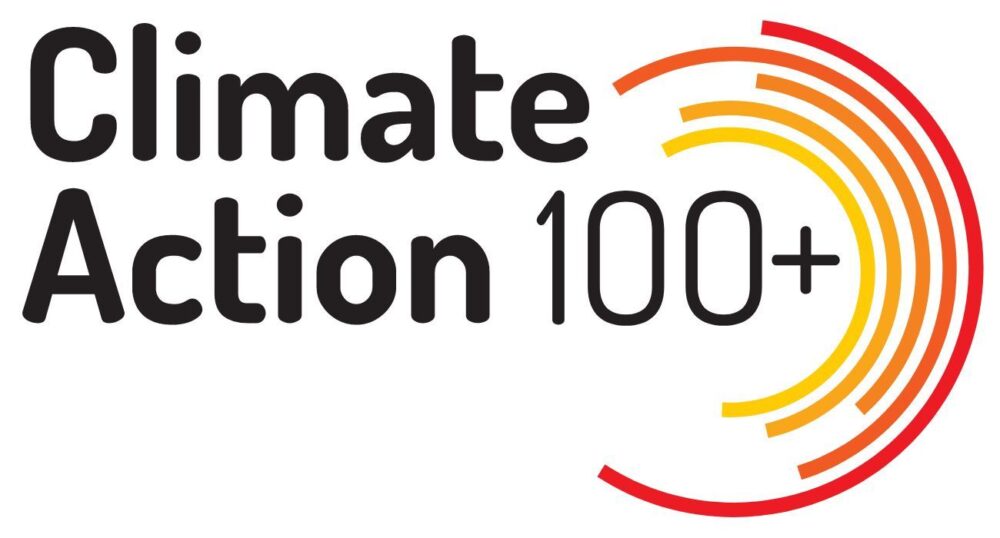The weaponization of financial investment to promote environmentalist goals seemed to take a hit in recent weeks, with major financial companies claiming to be withdrawing from the largest activist investor engagement initiative concerning climate change.
Such news was touted as a victory by Texas Comptroller Glenn Hegar in a statement announcing that J.P. Morgan Asset Management (JPMAM) and State Street Global Advisors were pulling out of the Climate Action 100+ group. Additionally, Hegar said the world’s largest investment firm, Blackrock, was scaling back its commitment to Climate Action 100+.
“These are welcome developments and a testament to my efforts to bring greater transparency to an opaque and poorly defined segment of the financial sector, as well as to foster an intellectually honest conversation around [environmental, social, and governance] investing,” Hegar said. “This lack of transparency created an environment that put politics above profits and led many financial firms to disregard their fiduciary duty to clients.”
The Climate Action 100+ website says the group’s three core goals are:
- “Implement a strong governance framework which clearly articulates the board’s accountability and oversight of climate change risk.”
- “Take action to reduce greenhouse gas emissions across the value chain, including engagement with stakeholders such as policymakers and other actors to address the sectoral barriers to transition.”
- “Provide enhanced corporate disclosure and implement transition plans to deliver on robust targets.”
- Under Texas law, state agencies and political subdivisions are prohibited from contracting with businesses that engage in environmental, social, and governance (ESG) investing and financing.
“Since 2017, the Texas Legislature has passed, and Governor Greg Abbott has signed into law, a series of restrictions on the ability of Governmental Entities to do business with companies that boycott energy companies, discriminate against firearm entities or associations, or boycott Israel,” an October advisory letter from Texas Attorney General Ken Paxton stated. “Pursuant to these laws, no Texas Governmental Entity may enter into a contract with such boycotters or discriminators for the purchase of goods or services with a value of at least $100,000.”
Still, Hegar expressed skepticism regarding JPMAM and BlackRock’s purported pivot away from ESG initiatives.
“As part of our process [of] creating the list of financial companies deemed to be boycotting the oil and gas industry, we heard firms telling Texas one thing but then providing very different and often contradictory information to states like New York or California,” he said. “Unfortunately, some of that doublespeak continues in these announcements, with a JPMAM spokesperson touting ‘the significant investment it has made in its investment stewardship team and engagement capabilities, as well as the development of its own climate risk engagement framework’ and BlackRock attempting a kind of shell game by shifting its membership to another entity under the BlackRock umbrella.”
“While I applaud the spirit of these announcements, I assure the people of Texas that I remain committed to enforcing the laws of our state as passed by the Texas Legislature,” said Hegar. “My team will examine our listing process, as three of the largest money managers on the planet have now pulled back from the CA100+ coalition, and we will continue to make listing decisions based on Texas law.”
Relatedly, The Dallas Express reported in August 2023 that S&P Global Ratings announced it would no longer publish or update ratings based on ESG. S&P’s ratings are used to determine creditworthiness based on ranking debt instruments and the companies that issue them.
Photo idea attached – Cut line: Climate Action 100+ logo | Image by Climate Action 100+


